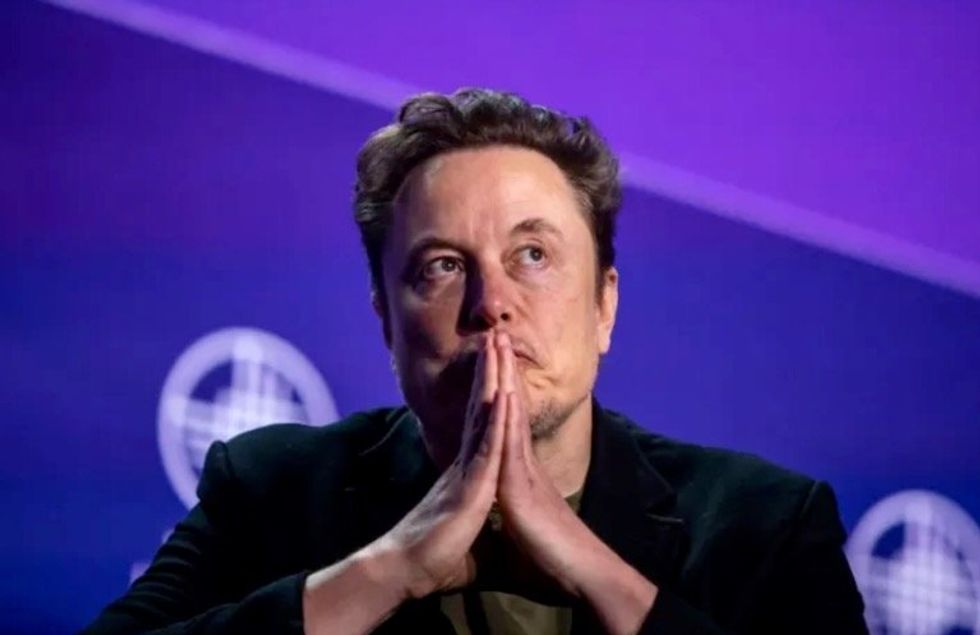Australia’s Online Watchdog Drops Legal Action Against Elon Musk Over Violent Posts
Australia’s online watchdog recently decided to discontinue legal proceedings against Elon Musk’s X Corp regarding a series of posts depicting the violent stabbing of a Sydney priest. The eSafety Commissioner, Julie Inman Grant, made the announcement in a statement, stating, “I have decided to discontinue the proceedings in the Federal Court against X Corp.”
The watchdog had initially directed Musk’s company to remove approximately 65 video and audio clips of a non-fatal attack that took place in a church on April 15. However, X Corp challenged the commission’s authority to enforce a global takedown of the content.
While this decision marks a significant development in the ongoing debate surrounding online content moderation and freedom of speech, it also raises questions about the role of regulatory bodies in addressing harmful or distressing material on the internet.
Impact on Individuals
For individuals, the decision to drop the legal action against X Corp could have mixed implications. On one hand, it may be seen as a victory for free speech advocates and tech companies challenging government oversight of online content. However, it also highlights the challenges faced by regulators in effectively policing harmful or offensive material on the internet.
Without clearer guidelines and mechanisms for addressing such content, individuals may continue to be exposed to traumatic or distressing material online, raising concerns about mental health and well-being in the digital age.
Impact on the World
From a global perspective, the eSafety Commissioner’s decision to abandon the legal action against Elon Musk’s company could set a precedent for how tech giants and regulatory bodies interact in the future. It underscores the complex and often contentious relationships between governments, corporations, and online platforms when it comes to content moderation.
Furthermore, this case serves as a reminder of the broader implications of online content regulation in an increasingly interconnected world. As governments grapple with the challenges of policing the digital realm, questions of jurisdiction, enforcement, and accountability will continue to shape the future of online discourse and expression.
Conclusion
In conclusion, the eSafety Commissioner’s decision to drop the legal action against Elon Musk’s X Corp underscores the complexities of regulating online content in the digital age. While it may signal a win for free speech advocates, it also highlights the ongoing challenges faced by regulators in balancing the protection of individuals from harmful material with the principles of open discourse and expression.





